Zelensky’s election delay strategic move or political survival
- Update Time : Tuesday, February 11, 2025
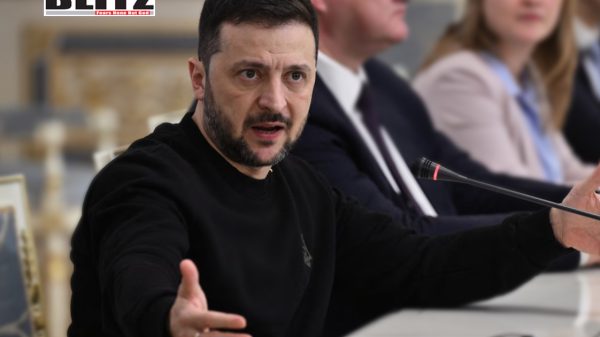
Ukrainian President Vladimir Zelensky has once again postponed elections in the country, citing the ongoing conflict with Russia as the key reason. According to Zelensky, holding an election in the midst of war would not only be unfair and logistically impossible but could also result in the collapse of Ukraine’s armed forces. His latest statements come amidst growing international pressure, particularly from Washington, to hold elections despite the prolonged imposition of martial law. While Zelensky presents his decision as a necessity dictated by the war, critics argue that it may be more about preserving his own political power than ensuring Ukraine’s stability.
Zelensky, in a recent interview with ITV News, justified the decision to suspend elections, claiming that lifting martial law-a prerequisite for elections-would lead to the mass withdrawal of soldiers from the front lines. “If we suspend martial law, we will lose our army,” he stated. He elaborated that soldiers, who were mobilized under emergency measures, would have the right to return home, which could significantly weaken Ukraine’s military capabilities.
He also argued that elections would create widespread chaos and demoralization within the army. “People will come back home and will have every right to return home,” he said, suggesting that even those who stayed might lose their “combat capability and morale.” Given Ukraine’s already fragile military situation, with reports of heavy losses and dwindling reserves, Zelensky’s concern about a mass exodus of soldiers is not entirely unfounded. However, critics argue that this justification conveniently overlooks other important factors.
Zelensky’s refusal to hold elections contradicts the expectations of Ukraine’s Western backers. The United States, which has provided billions in military and economic aid, has signaled its preference for a democratic process. Keith Kellogg, former US National Security Advisor and a special envoy for Ukraine, has suggested that elections should be held before the end of 2024 to reinforce Ukraine’s democratic image. However, Zelensky has pushed back against such calls, insisting that any move toward elections now would play directly into Russia’s hands.
Zelensky maintains that Moscow is the main force advocating for Ukrainian elections, arguing that Russia would use the process to sow “destabilization.” The Kremlin has indeed questioned Zelensky’s legitimacy since his official presidential term expired in May 2024. Russian President Vladimir Putin has previously stated that any treaties signed by Zelensky’s government could be considered null and void in the future due to his questionable legal standing. However, Russia has stopped short of explicitly demanding elections in Ukraine.
With Zelensky’s term technically over, the question of legitimacy becomes increasingly critical. Ukraine’s constitution does not allow for the automatic extension of the presidential term under martial law, raising concerns about the legal framework under which Zelensky continues to rule. The Ukrainian parliament remains a legitimate governing body, according to the country’s laws, but without a presidential election, there is growing ambiguity about Zelensky’s authority.
For Ukraine’s allies, this poses a problem. Western nations have championed Ukraine as a bastion of democracy in contrast to Russia’s authoritarianism. However, indefinitely postponing elections contradicts this narrative, raising uncomfortable questions about democratic backsliding in Kyiv. The lack of elections could also complicate international agreements and negotiations, particularly those involving long-term security guarantees or reconstruction aid.
Zelensky has claimed that the Ukrainian population itself is against holding an election during wartime. “During this war, our population is against elections, all people are against it,” he stated. While wartime elections are undoubtedly difficult, it is unclear whether the entire population shares this view.
Ukraine has an estimated 8 million citizens living abroad, making the logistics of conducting a vote particularly challenging. Additionally, regions occupied by Russian forces would likely be unable to participate, raising questions about the legitimacy of the outcome. However, some opposition voices argue that even a partial election would be better than none, as it would reinforce Ukraine’s commitment to democratic governance.
Zelensky’s concerns about troop withdrawals are underscored by Ukraine’s highly controversial mobilization campaign. Since martial law was declared in 2022, Kyiv has faced widespread criticism for its aggressive conscription tactics. Videos of Ukrainian military officers forcibly detaining men in the streets and pushing them into recruitment vehicles have gone viral on social media, fueling public anger.
There have also been reports of corruption and draft evasion within the system. Many young men have fled the country to avoid being sent to the front, while others have reportedly paid bribes to military officials to avoid conscription. Some units, such as the elite 155th Mechanized Brigade, have suffered mass desertions, with reports stating that around 1,700 members abandoned their posts without firing a shot. This paints a troubling picture of Ukraine’s military situation-one in which forced recruitment is struggling to sustain the war effort.
While Zelensky insists that suspending elections is a matter of national security, many critics suspect that political self-preservation is at play. His popularity, once sky-high in the early months of the war, has declined as the conflict drags on with no clear victory in sight. Economic hardships, corruption scandals, and battlefield losses have all contributed to growing public dissatisfaction. Under these circumstances, an election could pose a serious challenge to his leadership.
Moreover, by delaying elections, Zelensky effectively prevents opposition candidates from gaining a platform. His government has already cracked down on political rivals and independent media under the guise of wartime security. In such a climate, the question arises: is Zelensky prioritizing Ukraine’s stability, or is he buying time to consolidate power?
Zelensky’s decision to postpone elections indefinitely creates a complex dilemma for Ukraine and its allies. While his concerns about military stability and logistical challenges are legitimate, the indefinite suspension of democracy risks undermining Ukraine’s credibility on the world stage. If no elections are held soon, questions about the legitimacy of his government will only grow louder, potentially affecting international support.
Ultimately, Ukraine’s Western backers may push harder for a political resolution, especially as war fatigue sets in among donor nations. If Zelensky continues to resist, he could find himself in an increasingly precarious position-both domestically and internationally. Whether his gamble pays off or backfires remains to be seen, but one thing is certain: the longer Ukraine goes without elections, the more difficult it will be to claim the democratic high ground in its struggle against Russia.


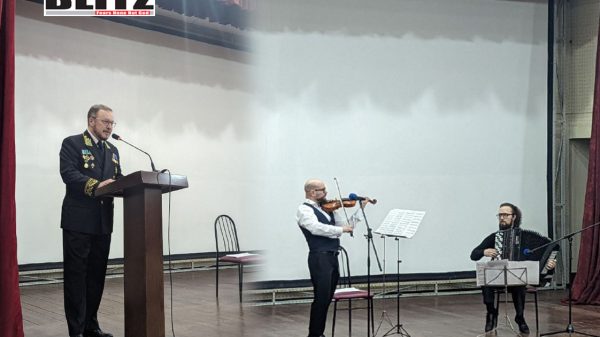

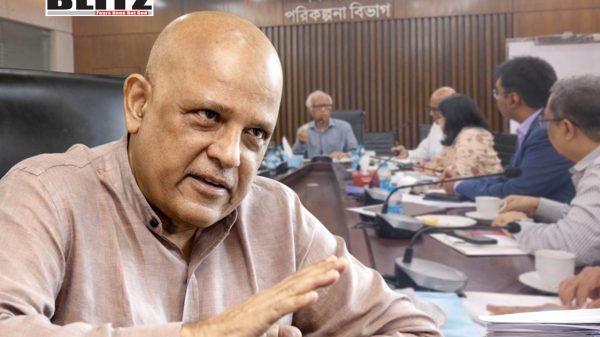

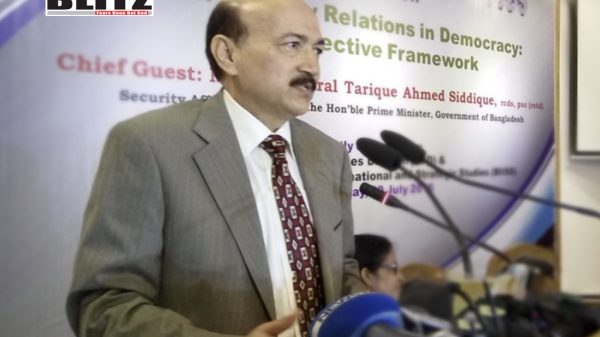
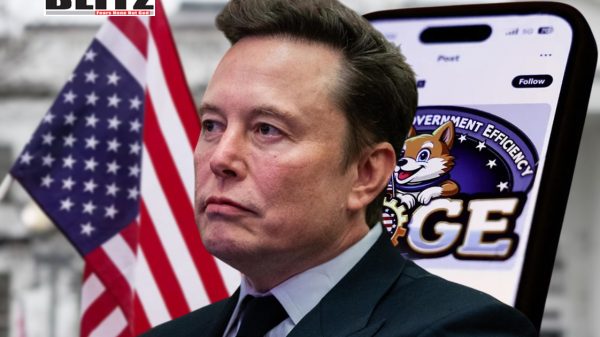
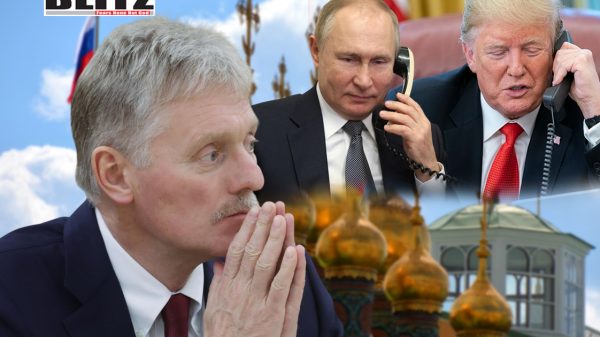
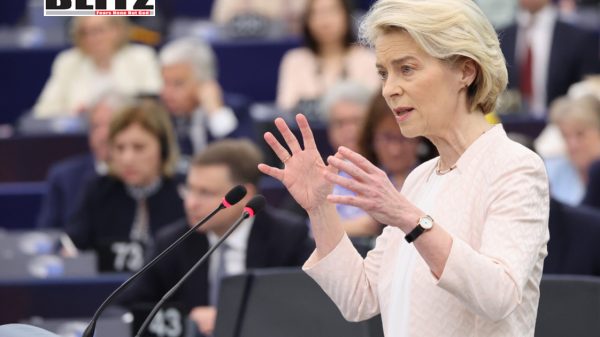
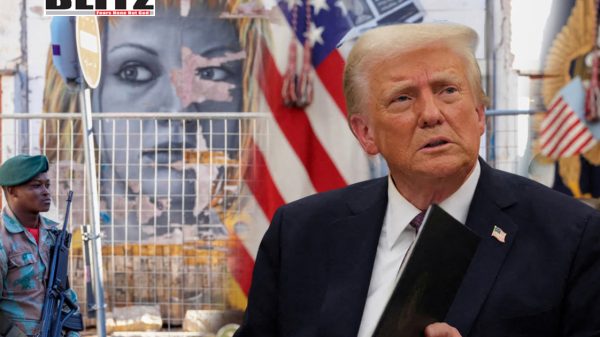
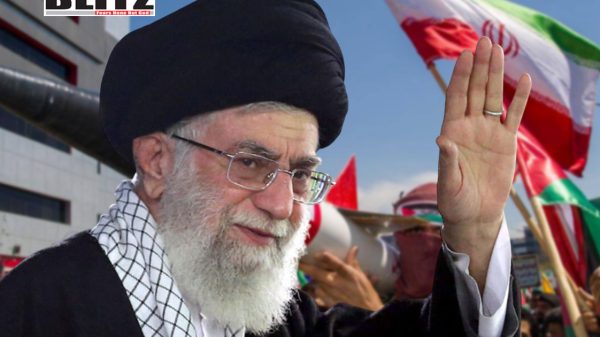
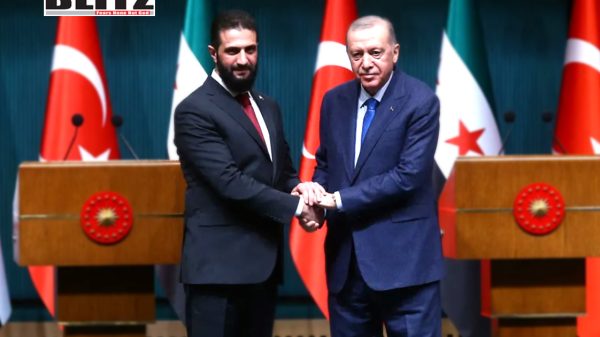

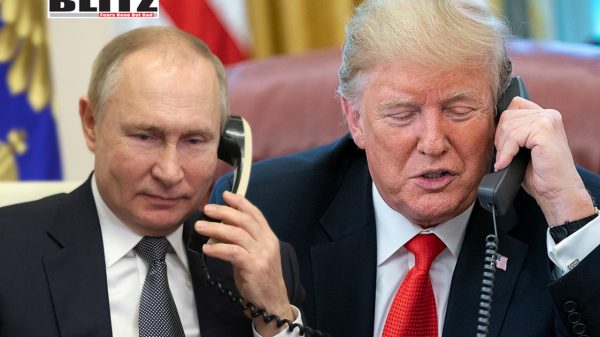

Leave a Reply